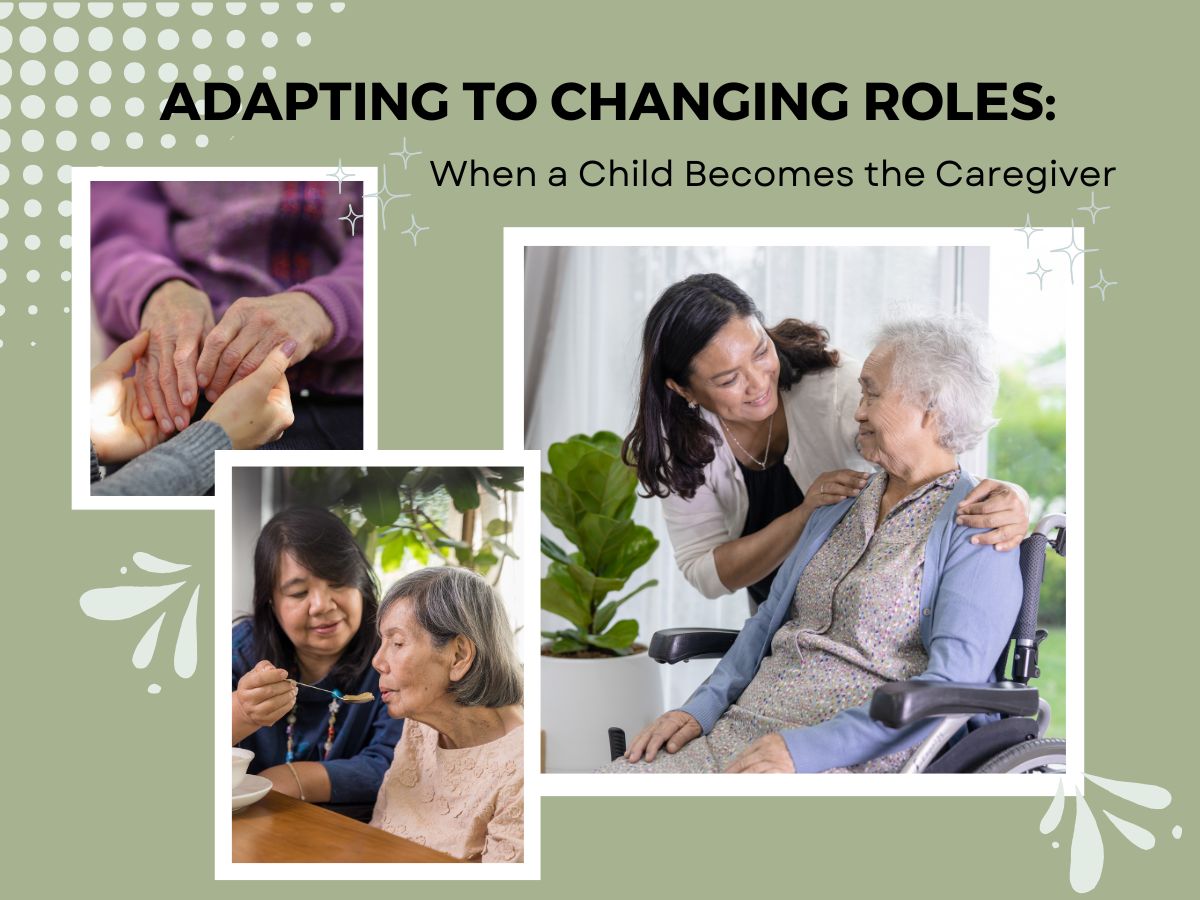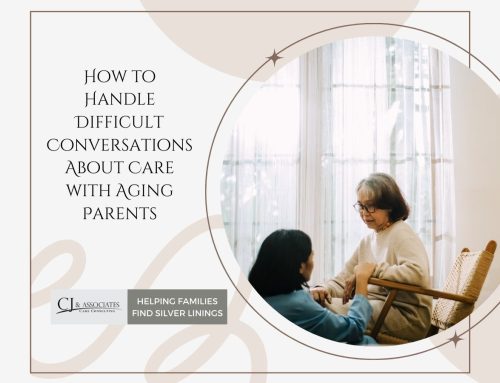As parents age, the dynamics of family relationships often shift, and adult children may find themselves stepping into the role of caregiver. This role reversal can be emotionally complex and challenging, as it requires balancing respect for a parent’s independence with the need to provide care and support. Navigating this transition with compassion and clear boundaries is essential for both the caregiver and the loved one receiving care.
Here’s how to approach this delicate shift in roles while maintaining a healthy relationship and personal balance.
Acknowledge the Emotional Impact
Transitioning from child to caregiver often comes with a mix of emotions, including love, fear, guilt, and even frustration. Both you and your parent may experience a sense of loss—your parent may feel their independence slipping away, and you may feel the weight of new responsibilities. Acknowledge and validate these feelings without judgment. Open, honest communication about the changes you’re both experiencing can help ease the emotional burden.
Set Clear Boundaries
While caregiving is an act of love, it’s important to establish boundaries to protect your mental health and your relationship. Clearly define your role as a caregiver and discuss which responsibilities you can realistically manage. If certain tasks, such as medical care, are beyond your abilities, consider involving professionals or other family members. Boundaries are not about distancing yourself but ensuring you can provide sustainable care without burning out.
Have Open Conversations About Expectations
Role reversal can feel disorienting for both parties. Sit down with your parent to discuss their expectations and needs. This will give them a sense of control while allowing you to better understand how you can help. Whether it’s managing finances, assisting with medical appointments, or coordinating household tasks, being transparent about what you can and cannot do will set the tone for mutual understanding.
Recognize the Importance of Independence
While stepping into a caregiving role may be necessary, it’s vital to respect your parent’s autonomy as much as possible. Encourage them to make decisions about their care and daily routine, even if they require assistance. Maintaining a sense of independence can boost their self-esteem and foster a collaborative relationship.
Lean on a Support System
You don’t have to navigate this role reversal alone. Involve siblings, other family members, or friends in the caregiving process. Delegate tasks, like grocery shopping or attending medical appointments, to others who can share the responsibility. Support groups or counseling services can also provide guidance and a safe space to share your experiences.
Seek Professional Help When Needed
Caregiving for a parent can be overwhelming, especially when medical or specialized care is required. Don’t hesitate to bring in professional caregivers, geriatric case managers, or home healthcare providers. Their expertise can relieve some of the burden while ensuring your parent receives the best possible care.
Prioritize Self-Care
One of the most important aspects of caregiving is caring for yourself. Role reversal can lead to burnout if you neglect your own needs. Make time for hobbies, exercise, social connections, and mental health breaks. Remember, you can’t pour from an empty cup—ensuring your well-being will enable you to provide the best care possible.
Celebrate Small Wins
Caregiving can be filled with challenges, but it also presents opportunities to strengthen your bond with your parent. Celebrate small victories, whether it’s a shared laugh, a moment of gratitude, or successfully navigating a difficult situation. These moments can remind you of the love that fuels your caregiving journey.
Accept the New Normal
Adapting to the role reversal of child to caregiver takes time and patience. Accept that the dynamics of your relationship will evolve, but this doesn’t diminish the love or respect between you and your parent. Focus on fostering a partnership where both parties feel valued, respected, and supported.
Becoming a caregiver for your parent is a profound act of love that comes with its own unique challenges and rewards. By maintaining clear communication, setting boundaries, and prioritizing both your parent’s needs and your own, you can navigate this transition with grace. Remember, you are not alone—help is always available, and it’s okay to reach out for support when you need it.





